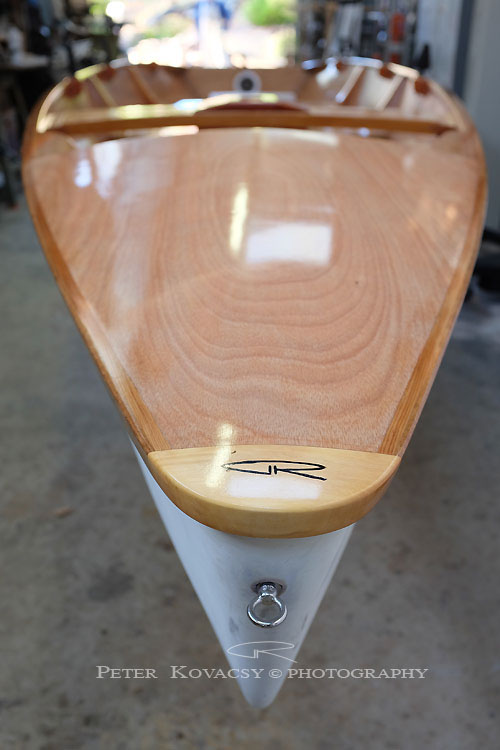Basic "stitch-and-glue" manual then attach the bows of the two side panels with copper wire. usually three stitches equally just snug by hand is enough. attach the transom. use stitches or drywall screws. for stitching use 16 or 18 gauge copper or aluminum wires cut in pieces of about 6” (150mm) long. note the two temporary spreaders. Many stitch and glue builders are finding these ties to be very convenient and faster to tighten. they are also easier to snip off and can be sanded or cut flush once the glue has cured. however, they do require a larger hole than wire and once tightened cannot be adjusted.. Stitch and glue boat construction. by z.backas in outside boats. 82,469. 395. 22. featured. note about alternate "stitch" methods: though traditionally the stitch in stitch and glue has been copper wire, i find cable ties to be better for a few reasons. mainly, they are easier to tighten and remove (in some instances), and they.


Stitch and glue is a simple boat building method which uses plywood panels stitched together, usually with copper wire, and glued together with epoxy resin. this type of construction can eliminate much of the need for frames or ribs.. The middle fit together just fine, and i was able to stitch it together with copper wire and glue it. the ends however would not come together, so i added some weights and mashed the ends together then filled any gaps with thickened epoxy.. Stitch and glue building is the name given to boat building using plywood sheets held together by copper wire, string, cable ties, or some other method..






Tidak ada komentar:
Posting Komentar